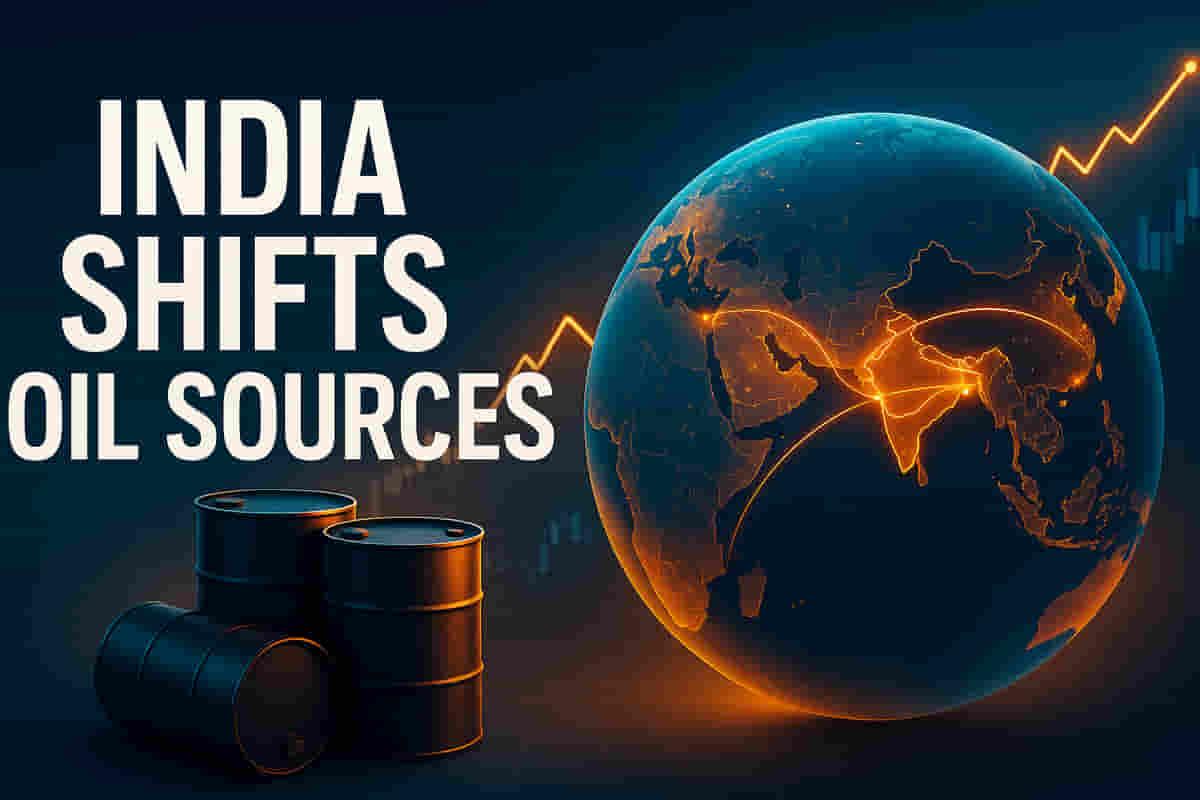Indian Refiners Diversify: HPCL Cuts Russian Crude Reliance, Boosts US Imports Amid Sanctions
Energy
|
31st October 2025, 7:16 AM

▶
Stocks Mentioned :
Short Description :
Detailed Coverage :
Hindustan Petroleum Corporation Limited (HPCL) has announced that it is not significantly reliant on Russian crude oil, as it is no longer economically viable for the refiner. During its Q2 FY26 earnings call, HPCL's chairman indicated that the company processed only 5% Russian oil in the recent quarter. This move comes as some Indian refiners have paused new orders for Russian oil following the imposition of sanctions by the US on Russian entities and shipping lines, awaiting government clarity.
In contrast, state-owned Indian Oil Corporation has stated its intent to continue buying Russian oil, provided the transactions comply with international sanctions, including the price cap. Anuj Jain, Indian Oil's finance director, clarified that purchases would continue if the seller is non-sanctioned, the price cap is adhered to, and shipping arrangements are satisfactory.
HPCL-Mittal Energy Ltd (HMEL), a joint venture involving HPCL, has also suspended its purchases of Russian crude oil, though it noted that previous deliveries were from vessels not under international sanctions. HMEL will continue to monitor the situation and align with government policy.
India has become a leading importer of seaborne Russian crude oil since 2022. However, with increasing US restrictions, Indian refiners are actively seeking alternative sources, particularly from the Americas. Data shows a significant surge in India's crude oil imports from the US, reaching near three-year highs in October, reflecting India's strategy to diversify energy sources and manage trade relations.
Separately, HPCL's chairman announced plans to double the capacity of the Chhara LNG terminal to 10 million metric tonnes per annum (MMTPA).
Impact This diversification strategy is crucial for India's energy security, reducing reliance on a single source and mitigating risks associated with geopolitical events and sanctions. Increased imports from the US could strengthen bilateral energy ties but may also influence global oil price dynamics. The expansion of LNG terminal capacity signals India's commitment to increasing its natural gas footprint.
Rating: 8/10
Difficult Terms: Crude oil: Unrefined petroleum that is processed into various fuels and products. Sanctions: Penalties imposed by countries or international bodies on other countries, individuals, or entities, often for political or economic reasons. Refiner: A facility that processes crude oil into usable products like gasoline, diesel, jet fuel, and petrochemicals. Joint venture: A business agreement where two or more parties pool their resources for a specific project or business activity. Seaborne: Transported by sea. LNG terminal: A facility designed to handle Liquefied Natural Gas (LNG), involving either liquefaction (for export) or regasification (for import and distribution). MMTPA: Million Metric Tonnes Per Annum, a unit used to measure the volume or capacity of materials, particularly in the energy and mining sectors.